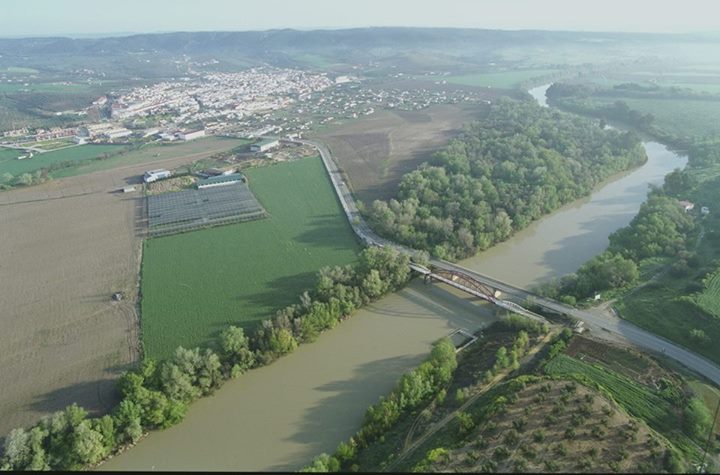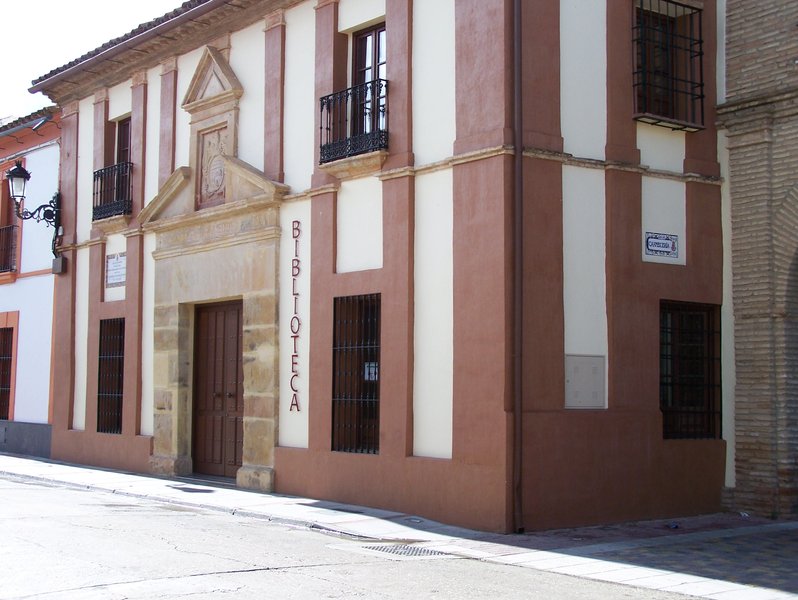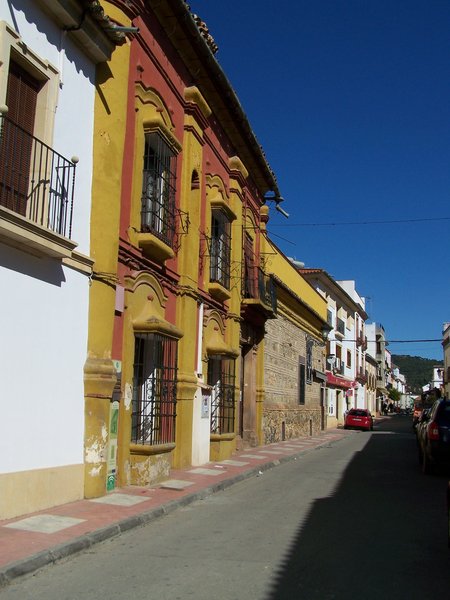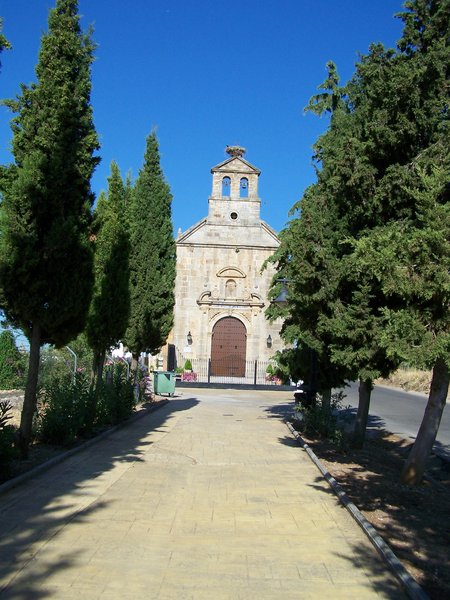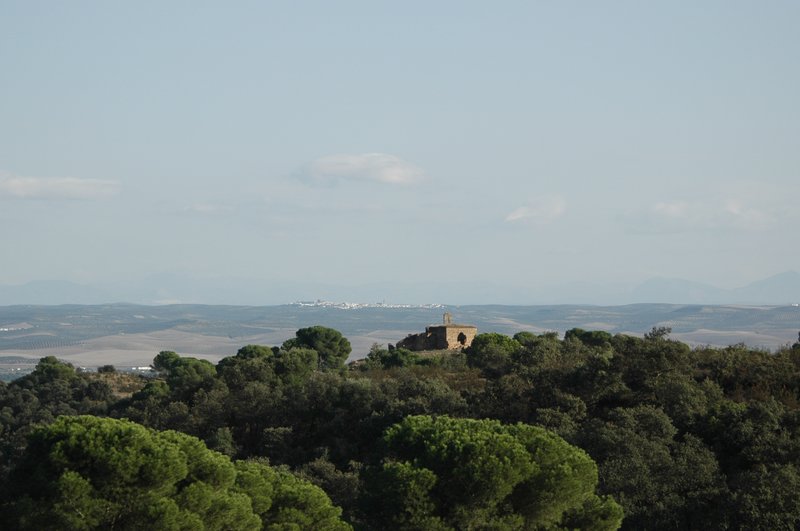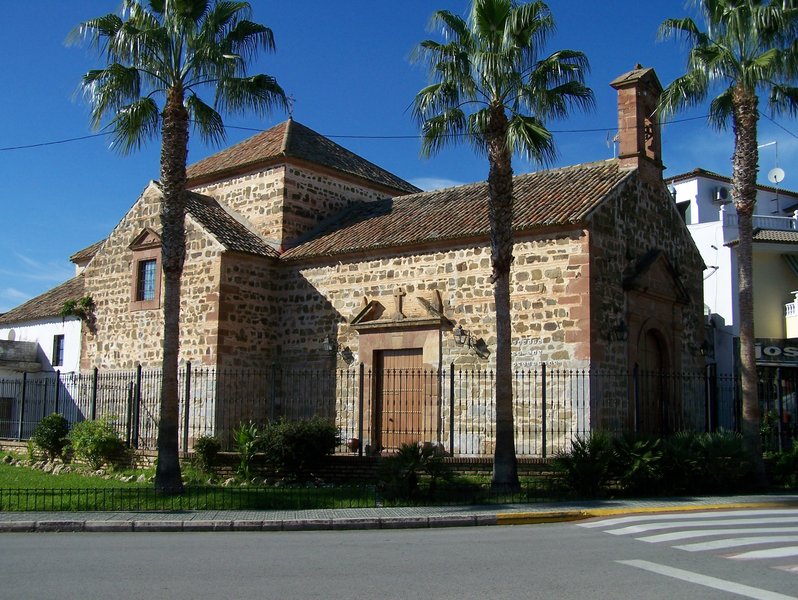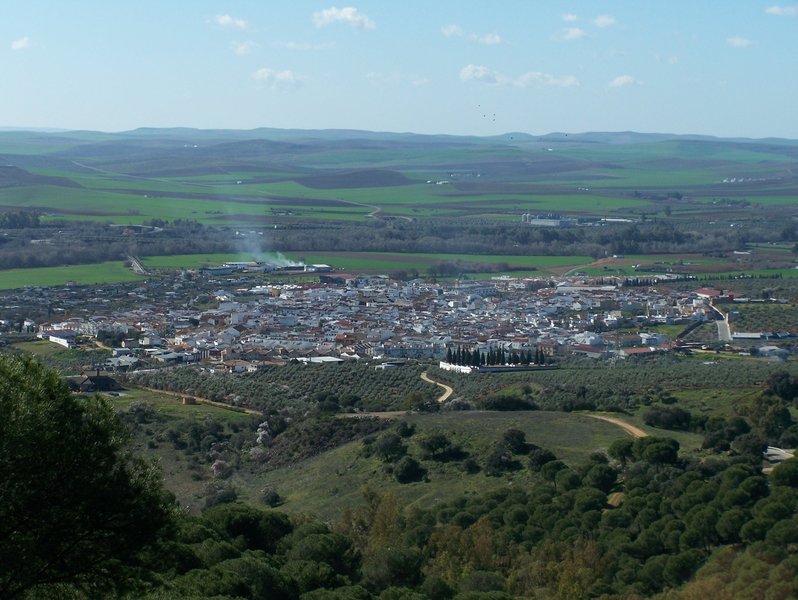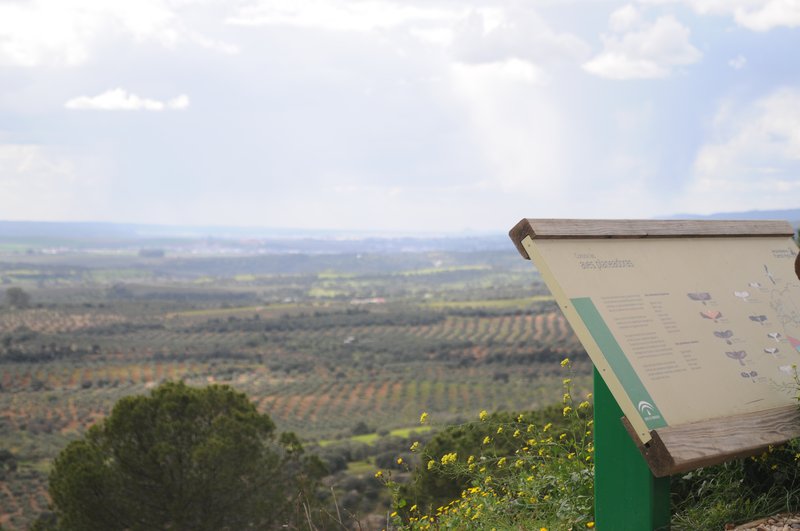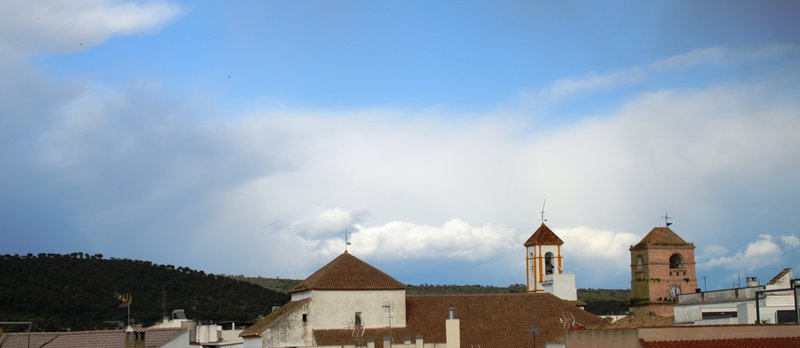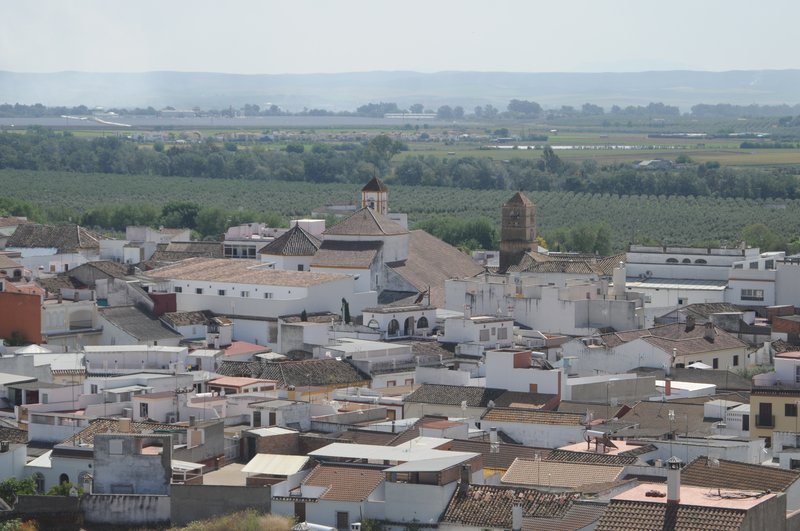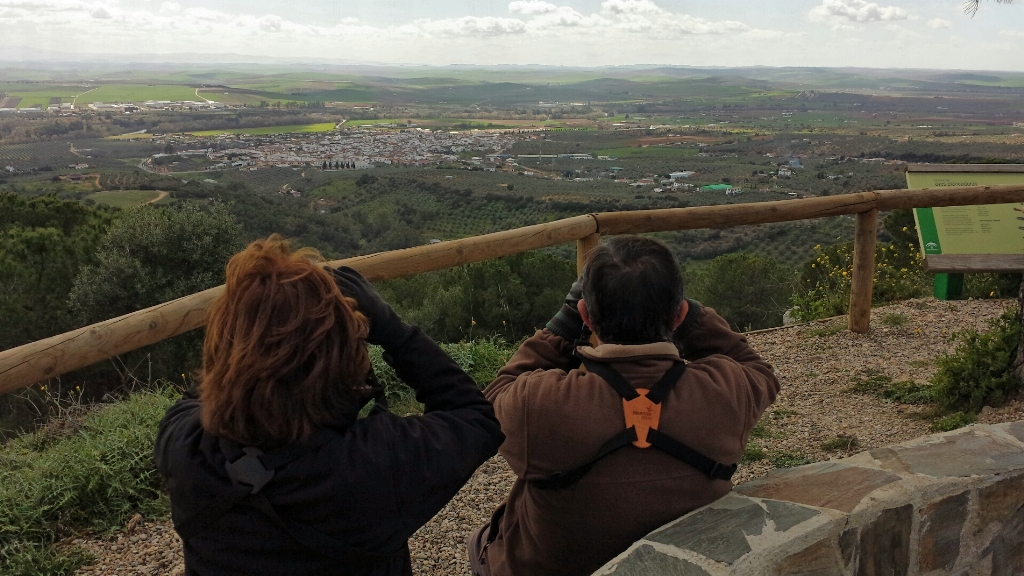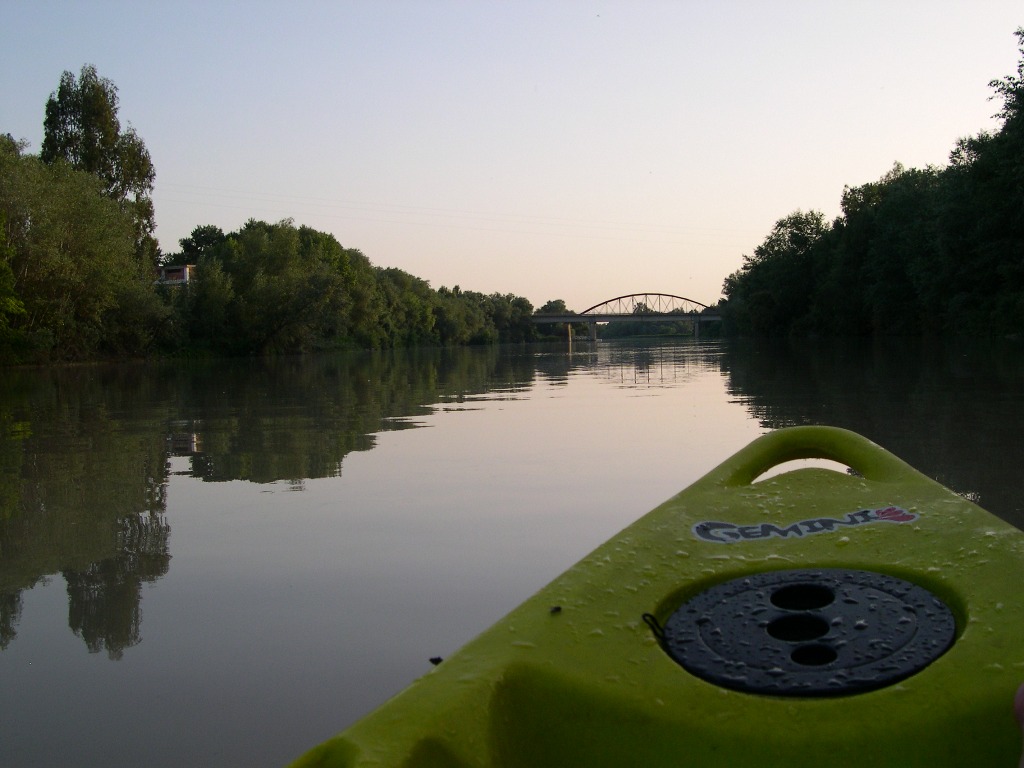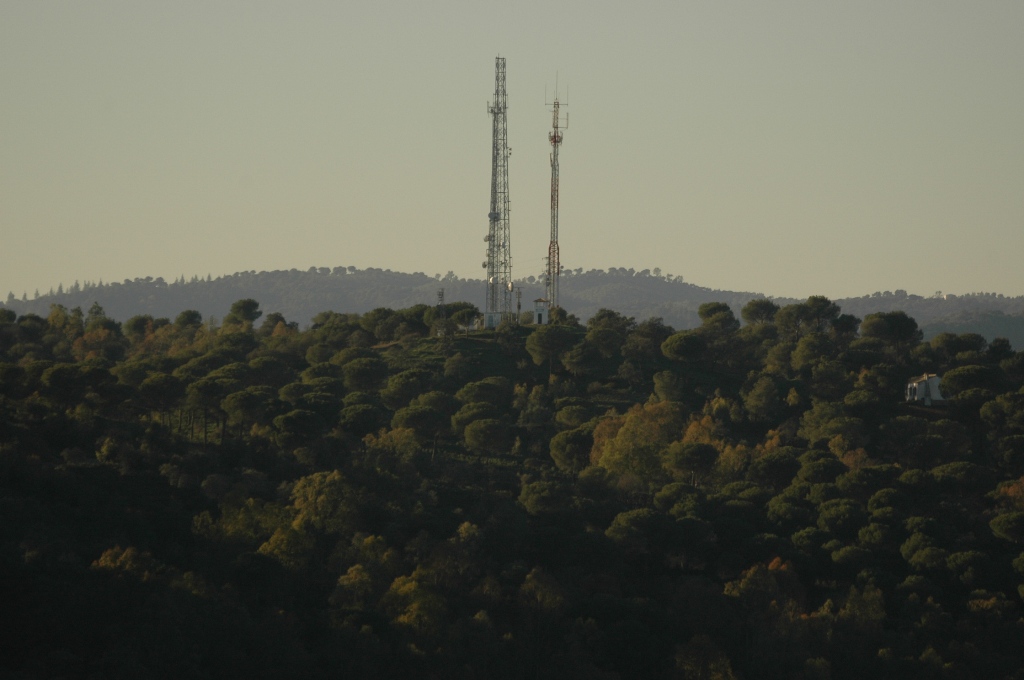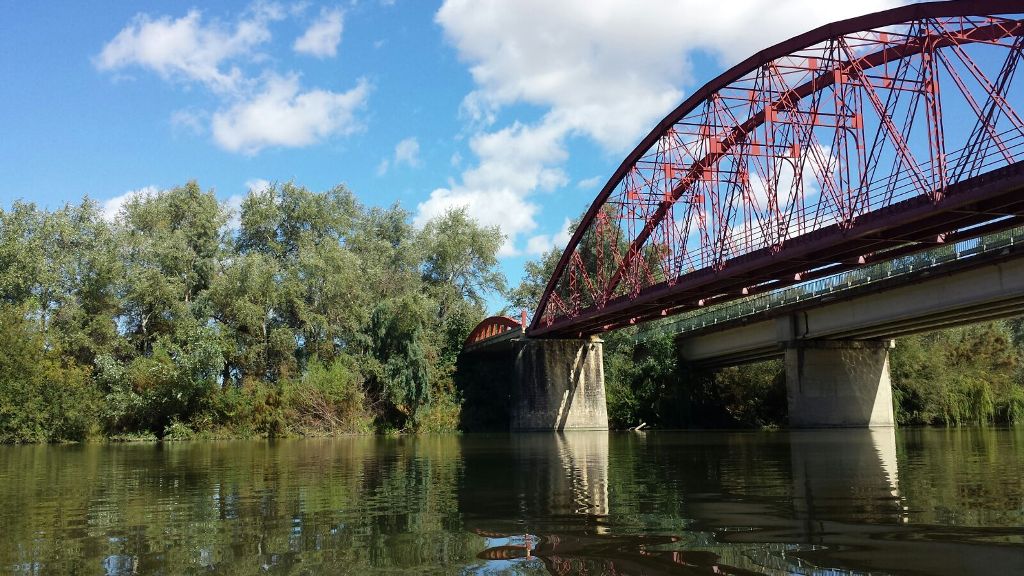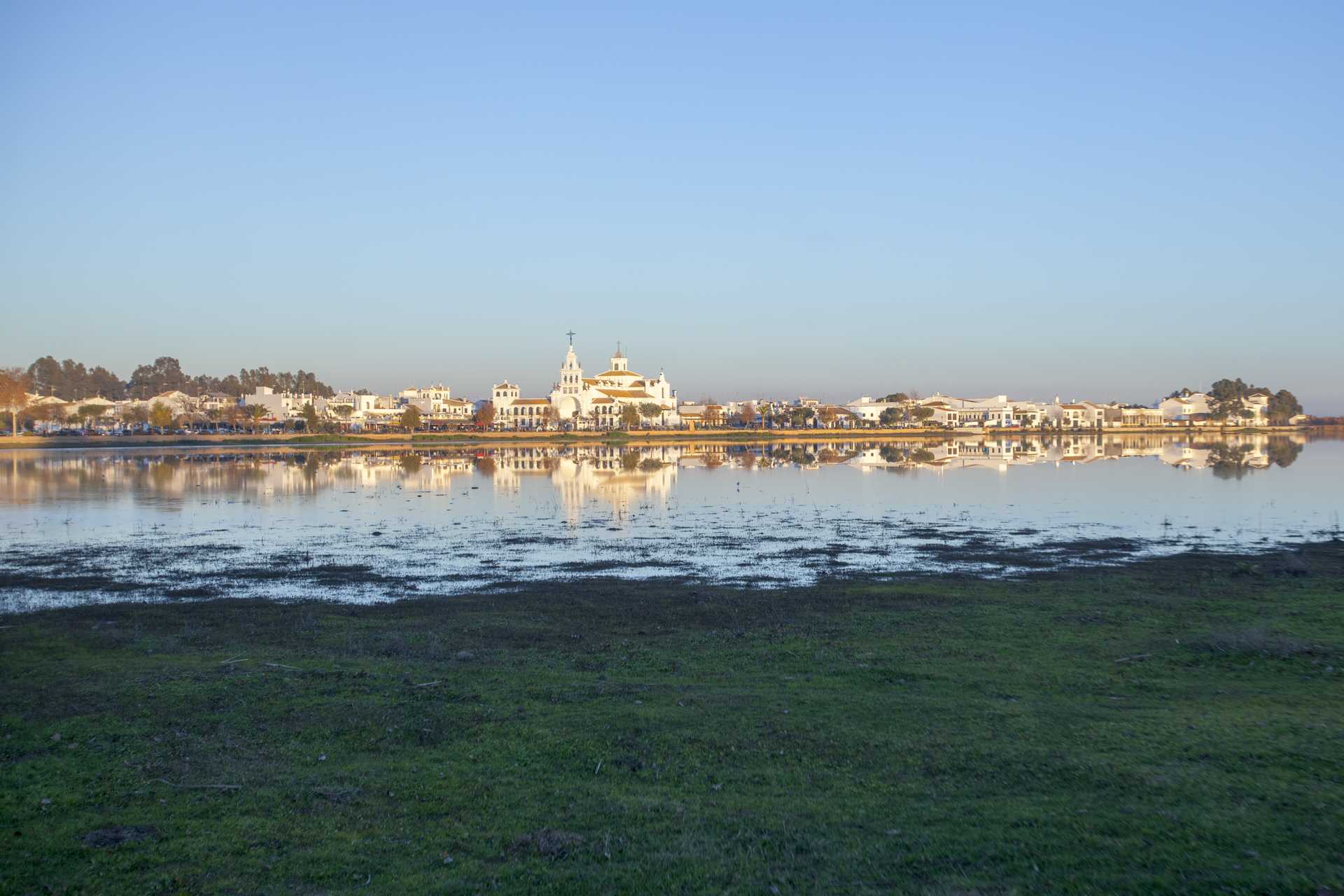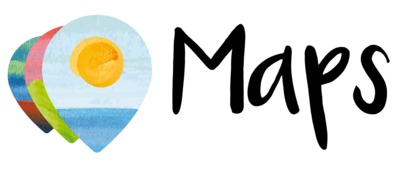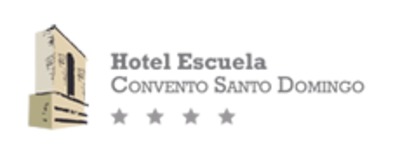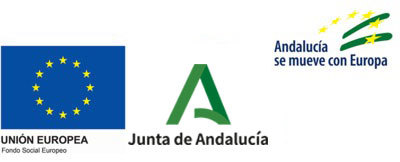Villafranca de Córdoba
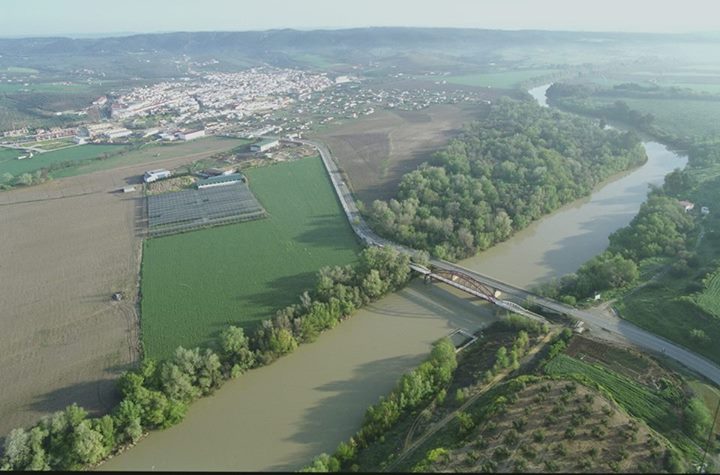
Villafranca de Córdoba: situated between the rockrose scented Sierra Morena, the banks of the Guadalquivir and the extensive countryside, it is just 15 minutes from the provincial capital and it is a unique and complementary destination for visitors to Cordoba capital. SItuated in the Valle del Guadalquivir region, its borders display the three landscapes that are characteristic of the province: meadows, since part of its lands are irrigated by the river, the fields, which link it with the south of the province, and the mountain chain in the north, that herald the Sierra de Cardeña-Montoro natural park
The village is situated at the foot of the mountain chain, overlooking the river and the fields, in surroundings that are rich in colours and landscape details.
Relax in a house in the middle of a lake, in a magnificent campsite, a comfortable hotel or a youth hostel; those are some of the accommodation options in this village, where there are options for all ages and all budgets. Its range of accommodation is supplemented by varied and long list of options, such as sailing on the great Guadalquivir river, or hiking in the territory of the Iberian lynx. It also offers a high-speed experience on a go-kart, or the possibility of flying in a microlight, which add to its range of tourism options.
An urban walk takes you past the main buildings of the Modern Age in the area, and shows how the town has changed between the 16th century and practically the modern day.
The cuisine, based on traditional Cordoban cuisine, has a particular flagship ingredient: the egg. Villafranca is most probably the village where the most eggs are fried in one night in the world. The Gran Huevada on the night of the 14 May, which starts off the Pilgrimage of San Isidro Labrador, 20,000 eggs are fried (as was the case in 2016).
Villafranca de Córdoba copes with the different seasons with its innovative water park, the only one in the province. So water sports in spring and summer, give way to mountain and countryside experiences in autumn and winter.
Villafranca de Córdoba - enjoy it 365 days of the year!
History
Villafranca"s present-day name dates back to the 14th century. Hitherto, the hamlet which stood on the site of the village had been known as Cascajar, a name which appeared for the first time in 1264 and was derived either from the abundance of detrital sediment found on the ground here or from the stone platform (cascajo) which emerged from a ford in the River Guadalquivir and provided access from the causeway to the village itself during the reconquest.Villafranca appeared on the site of the Cascajar estate, land which, after initially being divided up in the aftermath of the conquest in the 13th century, was rapidly acquired by the canon Aznar Perez and his family, and the bishop don Fernando Nuñez de Cabrera between 1267 and 1350.
In 1358, the Bishop of Cordoba gave the Cathedral"s dean and chapter permission to sell the estate and the hamlet to Martin Lopez of Cordoba. A year later, the king gave the new owner permission to populate the AREA.
The incorporation of Villafranca into the estate of the Marquis of Priego in 1549 was an important event in its history, as it marked the beginning of aristocratic control over the village. This situation prevailed throughout modern times, the Lords of the village being the House of Aguilar, which joined forces with the House of Medinaceli at the beginning of the 18th century.
Personajes destacados
Luis Perez Ponce, priest and founder of the School of Jesus, Mary, Joseph and Santa Rosalia.
Alonso de Cardenas Jurado, teacher.

- Max 19
- Min 6
- Max 66
- Min 42
- °C
- °F

